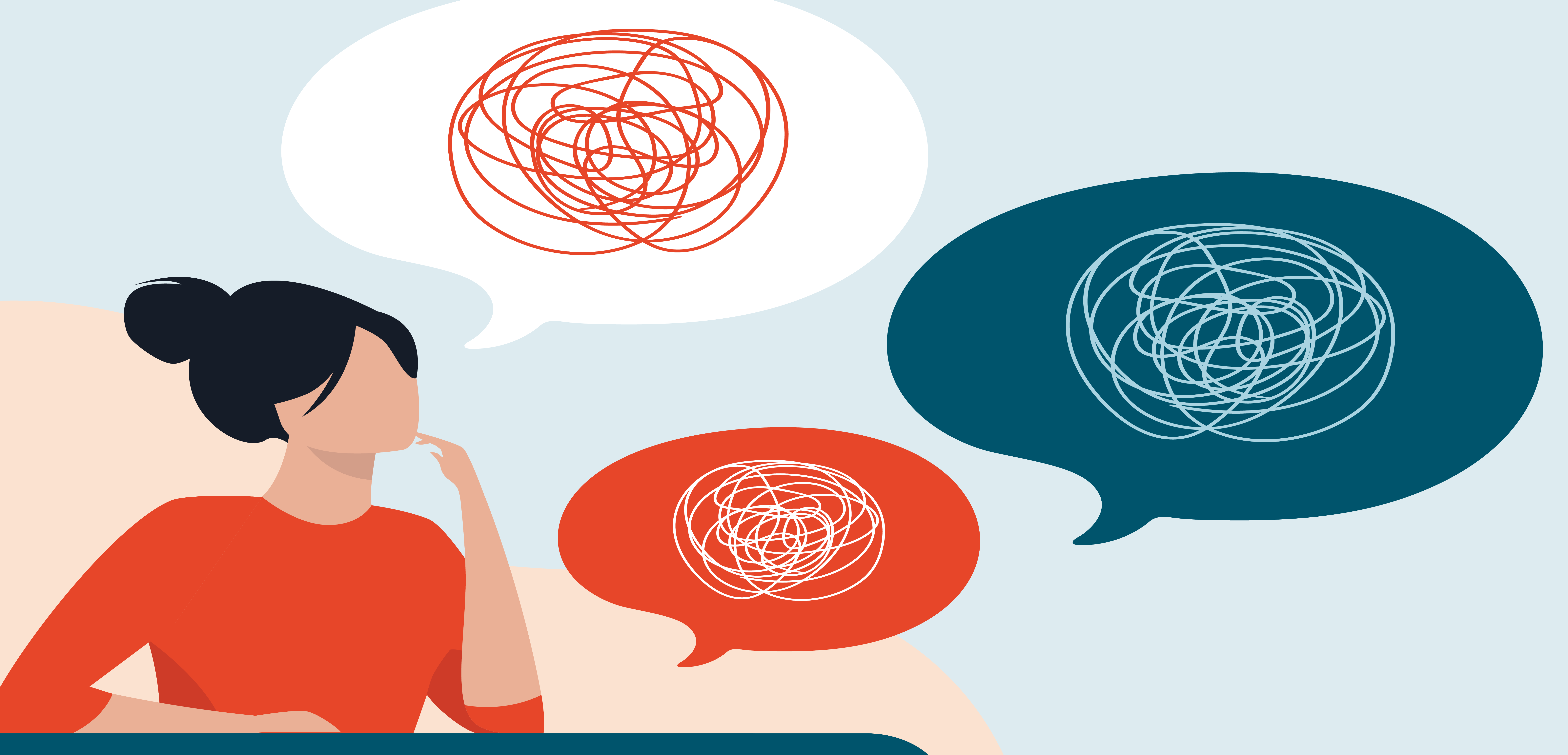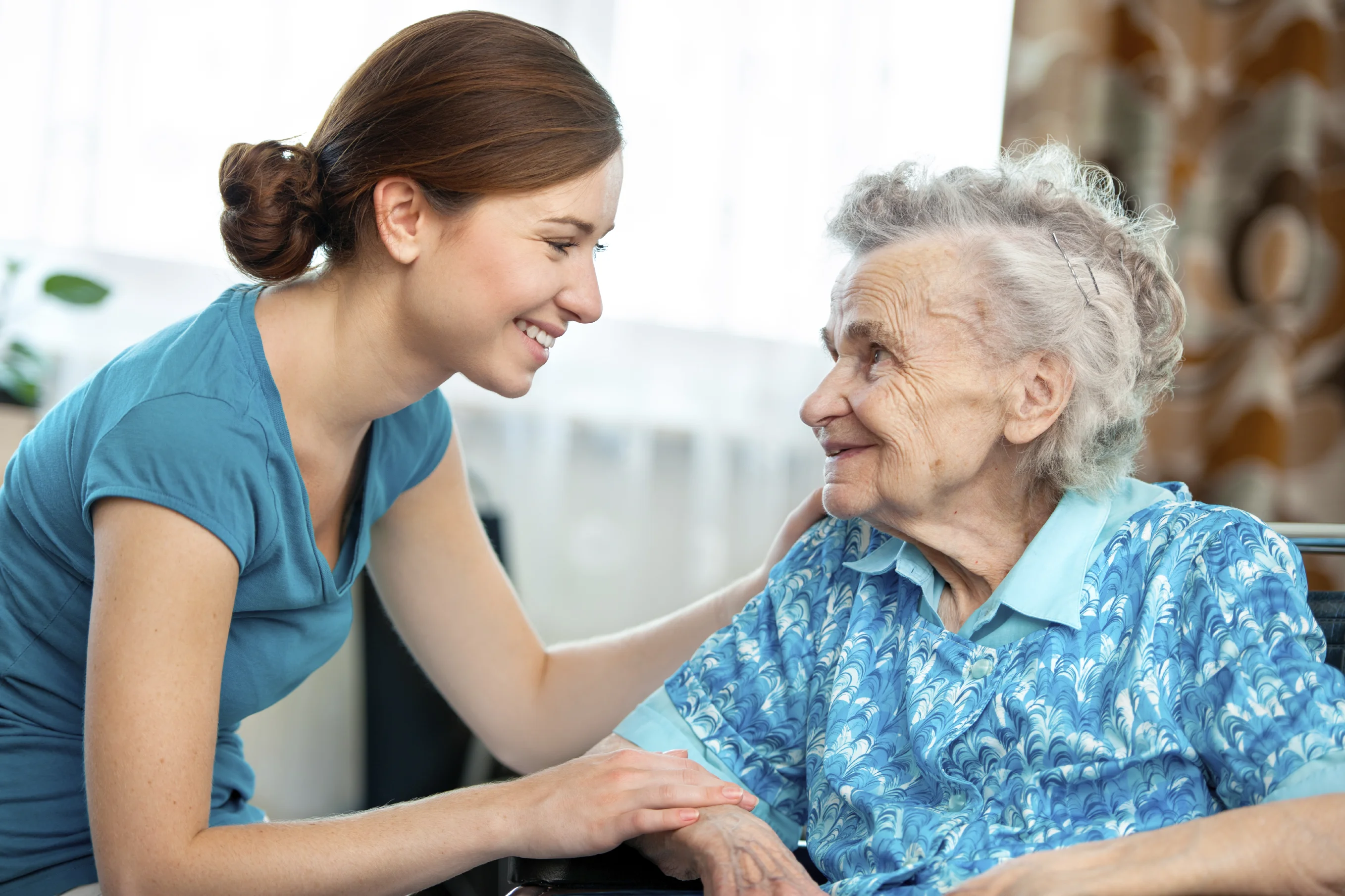L'Appui: What is special about caring for someone with a mental illness?
René Cloutier: What is particular about mental health is that the disease is not stable and necessarily progressive in comparison to other problems. Usually, it varies over time and in intensity. The person with a mental illness can experience times of crisis, but also recover. They can continue to function in their family, social and professional life despite the illness. Nevertheless, recovery is not continuous, there are ups and downs. That is what a caregiver has to go through: a roller coaster of emotions, especially in the beginning, when facing the unknown. Often, family caregivers are not familiar with the disease, so it is brand new to them. They then experience various feelings in the face of this new reality.
L'Appui: As a caregiver, how can we situate ourselves in our role?
RC: Réseau Avant de Craquer, which is a group of families and friends of people with mental illness, has created a model that illustrates quite well the different roles that caregivers can play in that type of situation. It is called the CAP model.
The letter C is for the Client role. Often, family caregivers do not recognize their own needs. They are rather oriented towards the needs of their loved one. When they go to associations, they do not really do it for them. They want to know what they can do to help their loved one. Those are concerns that are focused on the other. However, if you want to accompany your loved one, you must also think of yourself. You should therefore not hesitate to seek help from specialized resources and recognize yourself as a client of the health system.
Then there is the role of Accompanying parent. In the case of mental health caregivers, family members will rarely provide physical care. They do not take care of the person who has needs, they will rather accompany that person. This nuance is important because family members do not always identify with the traditional definition of a caregiver. In the field of mental health, the notion of accompaniment refers to the support that one can offer to their loved one, not taking charge of their life. As companions, members of the entourage are there to support their loved one on their journey while promoting autonomy and recovery.
Finally, caregivers can act as a Partner. When those around them have some perspective, they can use the knowledge and experience they have developed by participating in the planning and organization of services. They can even lead workshops with other caregivers.
So, for our part, we rely on the CAP model to develop our services and help caregivers feel comfortable in the 3 roles they might play. The goal is to better equip them through their journey and to help them recognize their needs.
How do family caregivers caring for someone with a mental illness feel?
RC: Whether it is as soon as the first symptoms appear or over the years, caregivers can go through a variety of emotions: worry, sadness, shame, stress, even anger. Often there is a feeling of helplessness and also of guilt.
There is also the fear of stigmatization. There are still a lot of prejudices and taboos surrounding mental health, which is why people with mental illness and their caregivers are slow to seek help.
L'Appui: Are those emotions common?
RC: Yes, it is common for family caregivers to experience various emotions. Depending on their situation, it is possible that caregivers have a lot of questions on various topics. It is therefore normal for those around you to experience all kinds of feelings and to feel the need to seek help.
L'Appui: Why seek help to relieve caregivers?
RC: When family caregivers contact us, above all, they wish to be listened to. They need to talk about their situation. At this level, they can receive psychosocial support from advisors. They can also participate in support groups where they can share their experiences with other caregivers who are going through the same situation as them. It lets them see that they are not alone. It also gives them hope.
Through training, they can learn to defuse and prevent crisis. Help is also offered to caregivers who must deal with the health system and of the legal system. They can also benefit from respite services to allow them to breathe a little.
Find out more
To find out more about the services offered or associations present in your region, visit the Réseau Avant de Craquer website.
Need to talk?
Remember, Caregiver Support remains at your disposal to help you, guide you and listen to you. Please do not hesitate to contact us by phone at 1 855 852-7784 or by email.








